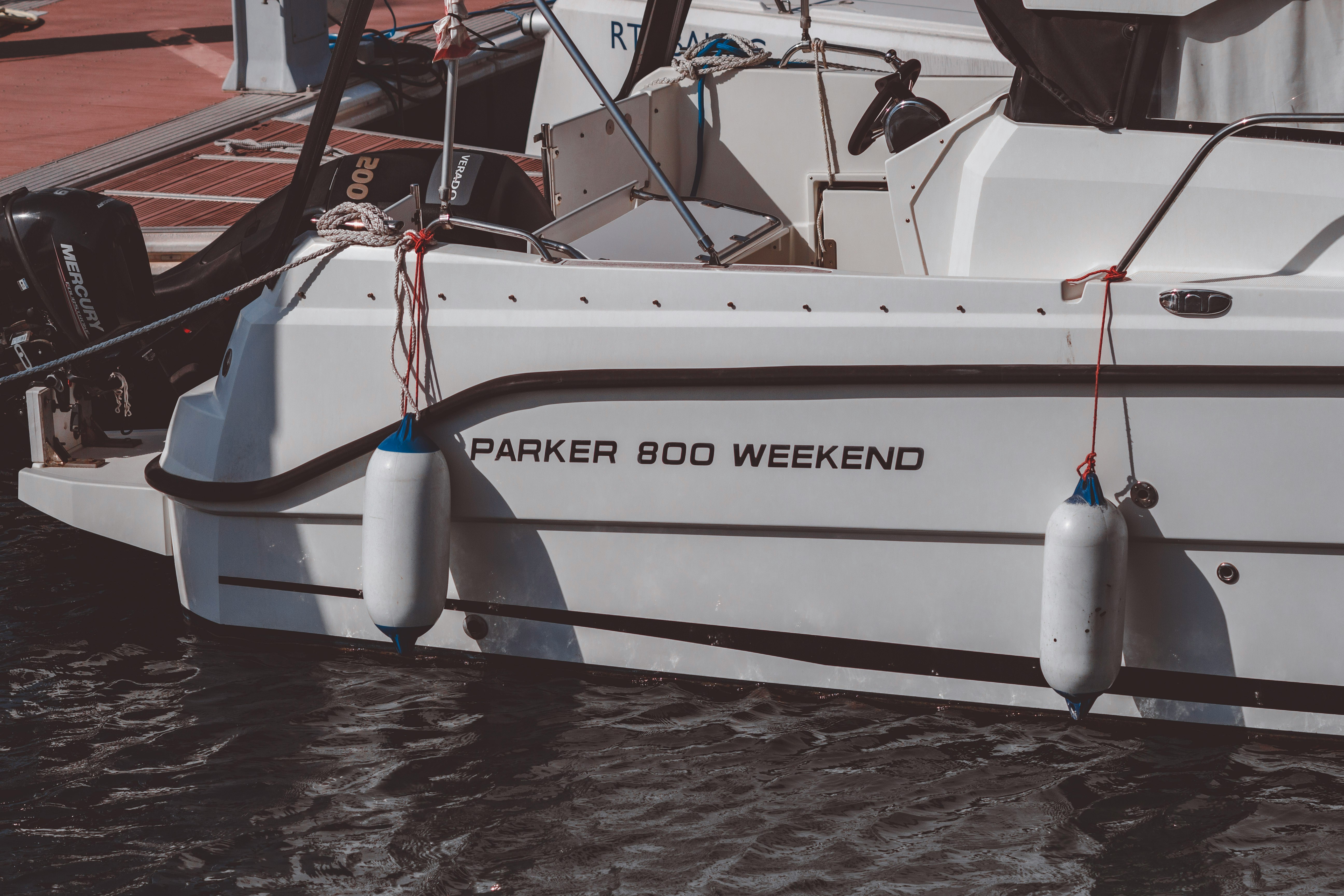Spring will soon enter the chat, bringing warmer weather and the first boating trips of the season. But with it comes an often-overlooked challenge—rising water levels and heavy rainfall. These seasonal shifts can impact water conditions and marine debris, making extra safety measures essential for navigating both inland waterways and the open ocean.
How Spring Flooding Impacts Boaters
Excessive rain can change your local waters quickly. Here’s how:
Higher Water Levels
Rising water can loosen dock lines and flood marinas. It can also cause sandbars to shift and submerge once-visible obstacles, like rocks and tree stumps. This makes accidents more likely, so be sure to travel slowly and stay on high alert.
Stronger Currents
Flooding can increase the speed and force of currents, which make rivers and other waterways more unpredictable. Docking and maneuvering can also be trickier with stronger currents. They raise the risk of collision with other boats, docks, and debris, so be careful.
Hidden Debris
Floodwaters bring two types of debris that create unseen hazards above and below the surface:
- Human-Made Debris: Dislodged docks, abandoned boats, floating structures, and more.
- Natural Debris: Large tree trunks, sediment, vegetation, and more.
Both pose risks to propellers and hulls. Use extra caution, especially in areas affected by recent heavy rainfall or flooding.
Dock & Marina Damage
When water levels rise quickly, docks can get shaky, mooring structures can get damaged, and boats can get displaced. Floating docks can break loose, and fixed docks could end up submerged or damaged. If your boat is at a marina, check on their plans to protect against flooding.
» RELATED: Help Protect Your Boat With Fenders and Dock Bumpers
Does Your Boat Insurance Cover Flood Damage?
Not all policies automatically cover flood-related damage. Here are a few key things to check:
Flood Coverage
There is usually a distinction between the damage caused by a storm and damage caused by flooding. Flood Coverage is important because it protects against damage caused by heavy rain and other flood-related conditions that may be separate and apart from damage caused by a named storm.
Towing & Salvage
If your boat breaks free or gets stranded, having Towing Coverage can ensure you’re not left with costly retrieval fees.
Towing and Roadside Assistance Coverage Options
Personal Property & Equipment Coverage
If rising water damages electronics, gear, or personal items, you’ll want a policy that protects against accidental, direct loss or damage to property aboard your vessel.
» MORE: Does Boat Insurance Cover Personal Property
How to Protect Your Boat from Spring Flooding
While you can’t stop the rain, you can take steps to minimize the risk of damage:
- Secure Your Dock Lines: Your lines need to be strong and flexible, allowing for your boat to remain in place, while absorbing shock loads as well. They should also be resistant to abrasion, UV rays, and rot.
- Monitor Weather Alerts: Stay ahead of potential flooding by keeping an eye on forecasts and river level updates.
- Inspect Your Bilge Pump: Make sure your bilge pump is in good condition to drain excess water from heavy rain.
- Haul Out If Necessary: If water levels rise dangerously high, consider moving your boat to a safer location before flooding peaks.
- Review Your Insurance Policy: Finally, make sure your coverage includes protection against flood damage.
Get a free quote today to make sure you're covered this spring!

